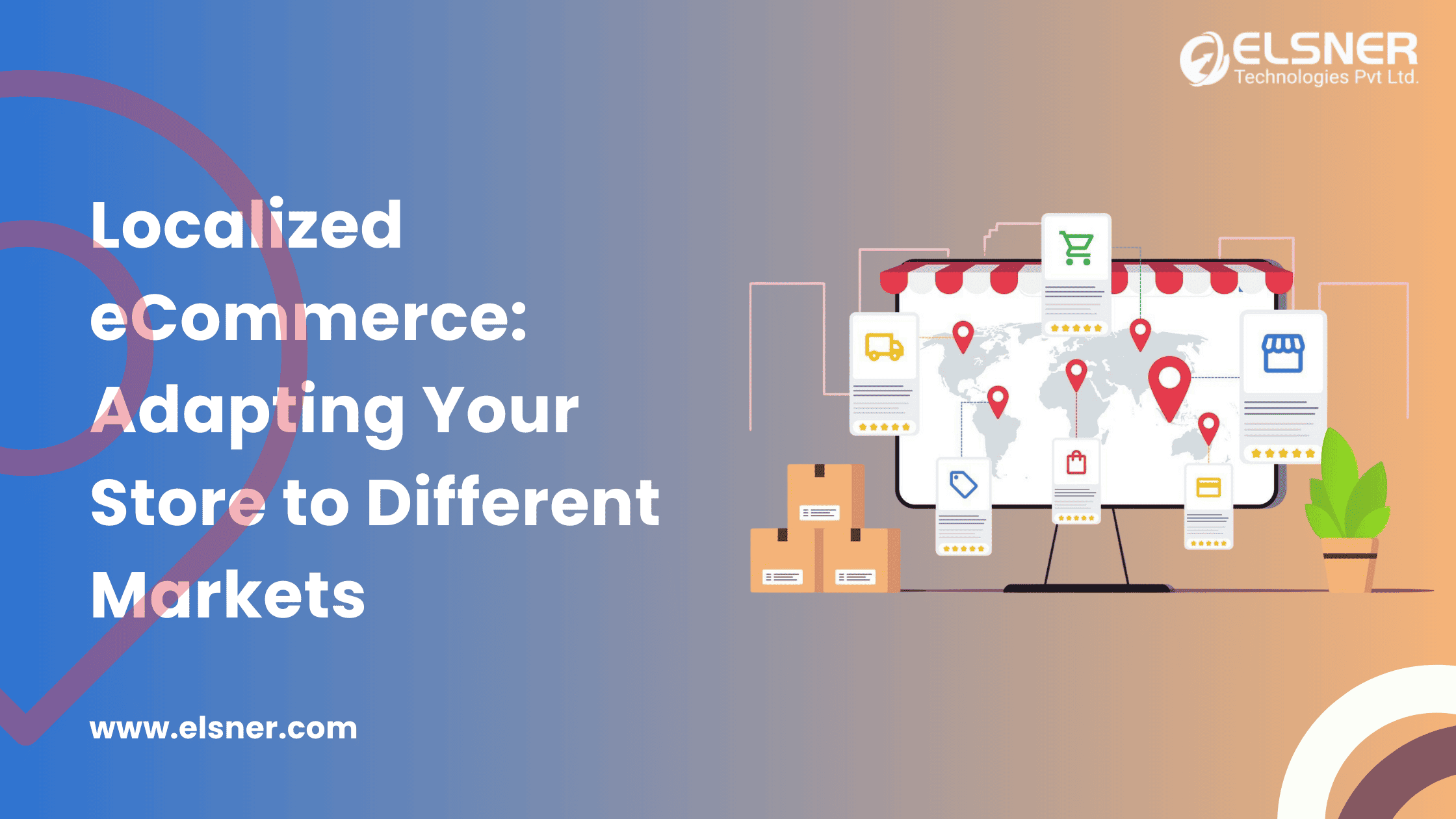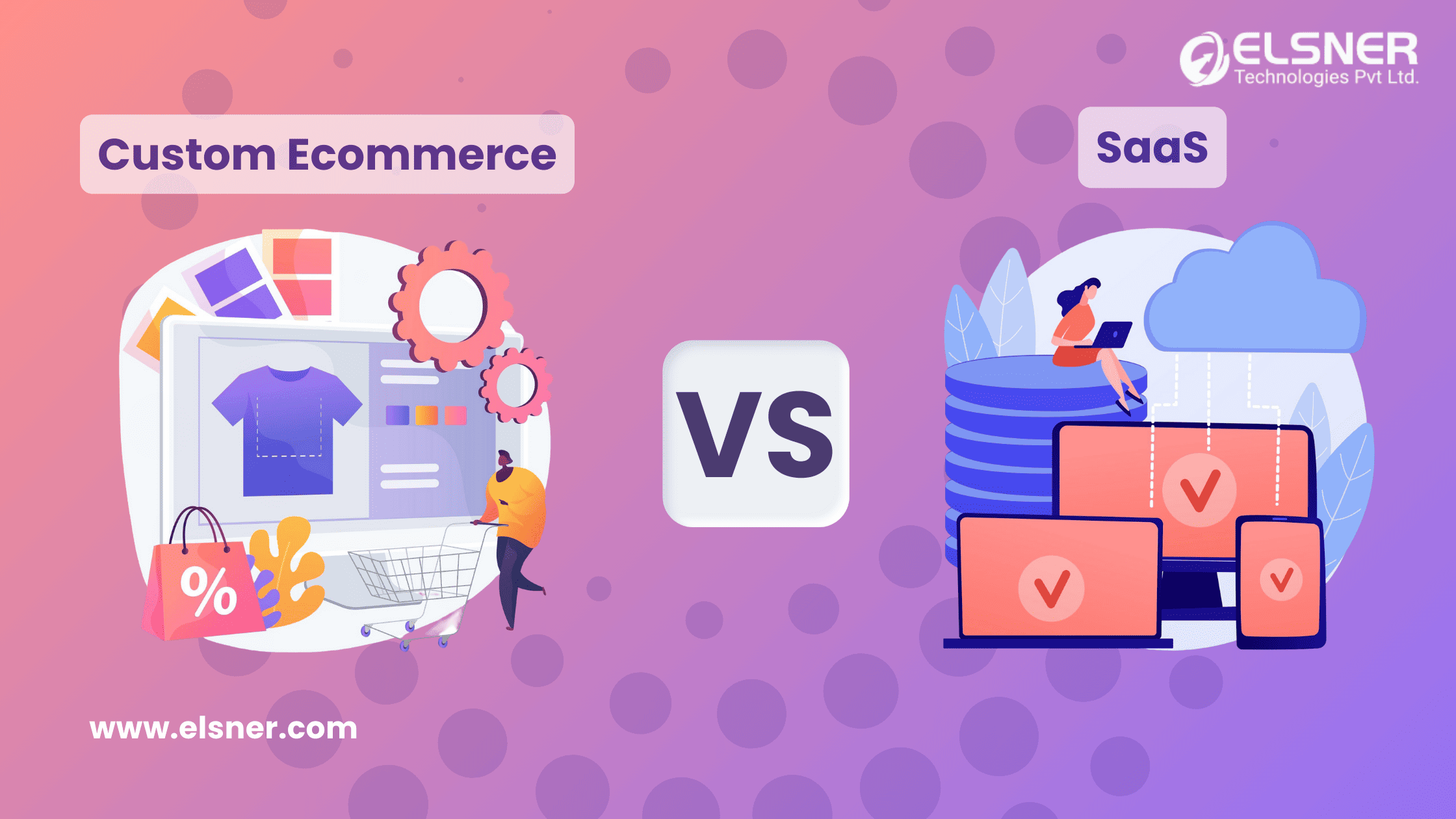In the year 2020, the ecommerce fraud market was shockingly valued at over $28 billion, which is projected to grow to an alarming $1 million by the year 2025.
It is one of the biggest reasons why online store owners should adopt the right strategies to bolster the security of their business. By doing so, they can gain the trust of their customers and prevent the instances of lost sales.
To ensure this, there are many ecommerce security tips that they should focus on following.
In this blog post, we are dedicated to informing you about the seven best tips you should follow to ensure your online store’s security.
So, let’s dig in:
What are the Top Security Measures that You Should Follow?
1. Make Your Passwords Stronger
It is important for you to choose passwords that are both strong and tough to crack. By doing so, you can solidify your ecommerce security strategy.
As a part of it, your main goal should be to make sure that it contains certain key elements such as special characters, upper and lower case letters along with numbers.
It is almost impossible for hackers to crack this combination. As a result, by adopting this particular step, you would be able to ensure the protection of your ecommerce store.
So, you must ask your customers to include various elements in their passwords. It is vital to prevent customer data breaches, which may cause your customers to lose trust in your business.
A solid password tends to offer greater security to your E-commerce website. The main issue with weak credentials is that these are extremely easy to be stolen by malicious third parties. Due to this reason, it is always a good idea to encourage your employees and customers to protect themselves by having stringent password requirements in place.
2. Implement Multi-factor Authentication
Another great thing you can do to protect your ecommerce business effectively is to use multi-factor authentication protocols. As a part of it, you can use different methods such as 2-factor authentication and 2-step verification, which helps ensure that only authorised users can access your online store. Thus, it ensures your and your customers’ safety in the long run.
Although implementing multi-factor authentication can seem time-consuming, the benefits you would reap from this are worth your time and effort.
It is evident from research studies that multi-factor authentication has the capability to block 99.9 percent of security threats and cyber-attacks.
So, it is considered a practical and effective strategy for preventing cybersecurity breaches and fraudulent activities from affecting your store.
Several studies conducted in this aspect have also clarified that multi-factor authentication protects online stores by preventing 76 per cent of targeted attacks and 96 per cent of bulk phishing attacks.
So, any store looking to strengthen its ecommerce security measures must adopt this best practice.
3. Utilise HTTPS Security
Are you still left to switch from HTTP to HTTPS security? If yes, then you are compromising the security of your ecommerce website. Websites that have failed to make this switch are always at a greater risk of vulnerabilities.
Your site will always be shown as “not secure” whenever someone puts its address in the search bar. It typically shows that you have not opted for an SSL or Secure Sockets Layer certificate which plays a critical role in protecting and securing your website.
By opting for an SSL, you could transform HTTP hosting into HTTPS, the present internet security standard.
SSLs work by encrypting sensitive financial information, which protects customers when they consider paying for your ecommerce store.
Employing HTTPS security is hugely important as it considerably impacts how Google sees your website and how it appears in search engine results. Google most likely penalises all those websites with HTTP, adversely affecting their online reputation and organic search rankings.
So, if you lack an SSL, there are high chances for people to avoid buying from your store before even having a look at your services and products.
It’s because they will notice your site to be flagged as “not secure,” in that case, they can turn to competitors who have already implemented HTTPS security measures on their site.
4. Keep Your Ecommerce Website Updated
Many ecommerce business owners overlook the importance of software updates as they find it time-consuming. However, it is a crucial step and avoiding it can put the safety of your ecommerce store, customers and employees at risk. Installing updates helps ensure your software is equipped with the best security measures.
Updating your software also helps fix any system vulnerabilities that could eventually lead to serious security breaches. So, you need to invest time to download updates from time to time. This preventive step will ensure that everyone stays on top of security measures.
5. Employ a Firewall
Another best practice you can follow to strengthen the security of your ecommerce store is to use a firewall. It refers to a system that is known for doing an effective monitoring of traffic going to and from your site. This system is typically used for detecting and blocking any suspicious activity while allowing authorised traffic to your site.
By leveraging firewalls, you could stay away from cybersecurity attacks like a SQL (Structured Query Language) injection and a DDoS (Distributed Denial-of-Service) attack. These sorts of attacks can severely impact the future of your ecommerce business, making it extremely important for you to invest in a firewall at the earliest.
It is evident from reports that more than 60 per cent of global ecommerce employees state that their organisation employs firewalls as part of their security strategy. So, if you have not already implemented this system, it is high time to rely on it to get the most out of it.
Firewalls, such as proxies, are critical in safeguarding sensitive customer data. Also, it helps prevent serious breaches that can put your online store and buyers at risk of financial damage. Having the firewall system in place, you can earn the trust of your valuable customers.
You can contact a professional hire ecommerce developers to learn more about this.
6. Have a Secure Ecommerce Platform
The security of your ecommerce website hugely relies on the platform it is hosted. So, you need to choose a secure platform. Also, you should ensure that your platform supports the most updated security measures to ensure your customers, employees, and website remain safe and secure.
It also helps in preventing instances of data breaches. In this regard, you will find the availability of many ecommerce platforms you can use. Some of these include Shopify, Squarespace, WooCommerce and Magento.
All of these options tend to possess unique features and protocols that not only support your website but also assist in effectively scaling your business. So, you do not have to be concerned about anything when you reach untapped markets or expand your customer base.
However, you should ensure that the ecommerce platform you choose has all the ecommerce security measures in place to ensure that your business stays well protected. Also, don’t miss out on checking for the features and functionality of the platform.
While making a choice, you should also consider looking for compatible extensions and plug-ins that help you find out how this platform can assist in facilitating the growth of your business.
As an ecommerce business owner, your top priorities should be to focus on security and overall website performance. It suggests that you need a flexible solution and a platform that works along with various extensions for a well-rounded and full-service online store.
7. Only Store Important Customer Data
Every ecommerce platform is bound to store some degree of customer data. But, as an ecommerce business owner, you should invest some of your time to ensure that you only store vital information. You could protect your business and customers from financial harm by ensuring this.
However, many E-commerce stores have a tough time with data storage. It’s typically because different websites tend to have different storage requirements.
So, you should evaluate what particular data is vital for the effective operation of your business. It will help you to reframe how your business stores customer data and what info it collects. After accessing this, you need to isolate all other information and data from vital info.
This way, you would be able to segment your network and, at the same time, protect your customers’ sensitive information.
Some of the critical data that most ecommerce platforms focus on collecting about your customers are as follows:
- Basic data such as their name, email address and gender
- Behavioural data, including average order value, subscription info, past purchases and devices
- Interaction data such as conversion, click-through rates and website visits
- Attitudinal data, which includes customer preferences, satisfaction and motivations
Wrapping Up
All the tips and best practices that we have mentioned in the above section will surely help you a lot in achieving success in your ecommerce business.
Now, it may be possible that you are facing difficulties in navigating any of the discussed steps; in such a case, you can reach out to a trusted ecommerce website development agency. They will use their years of experience to offer you with top-notch solutions.




